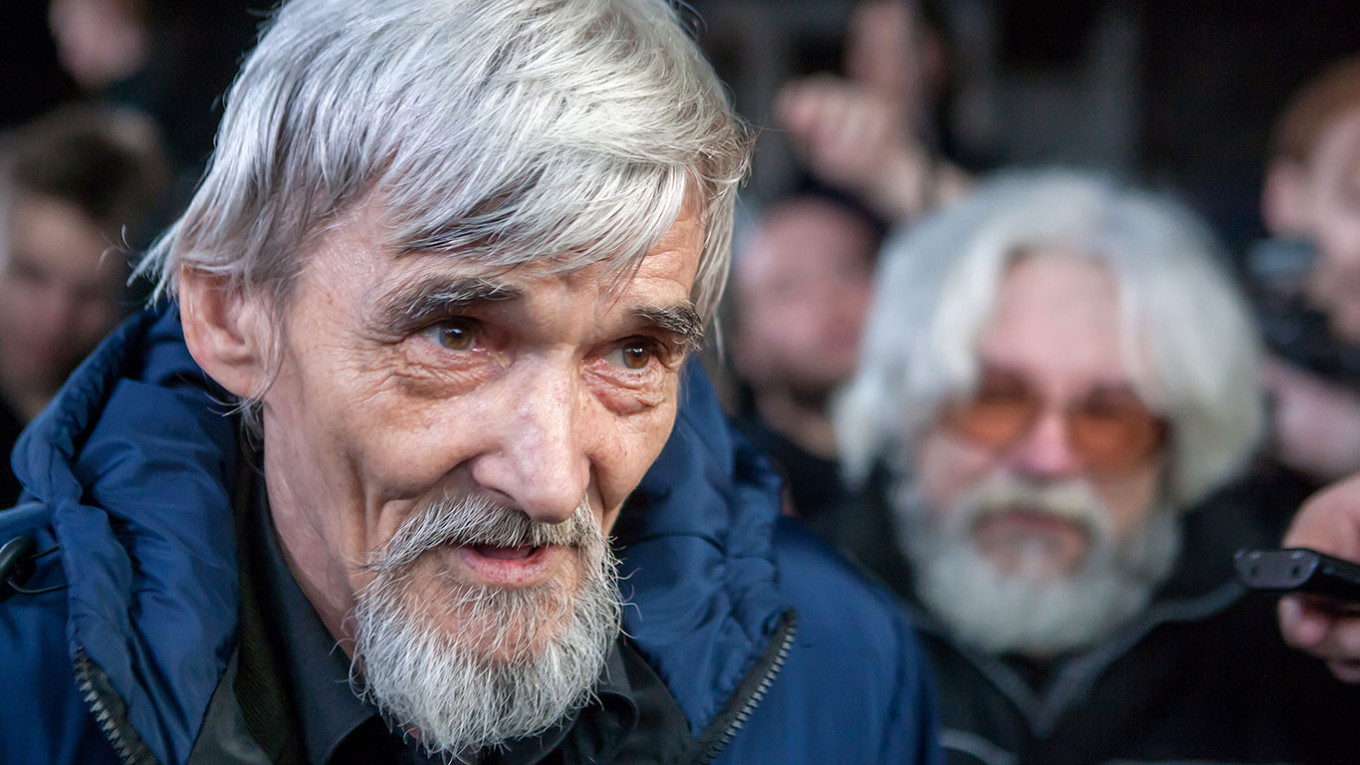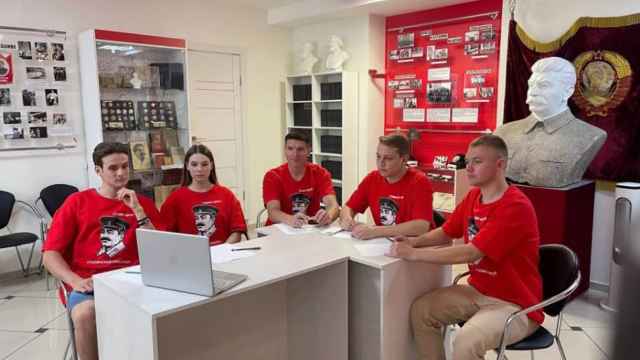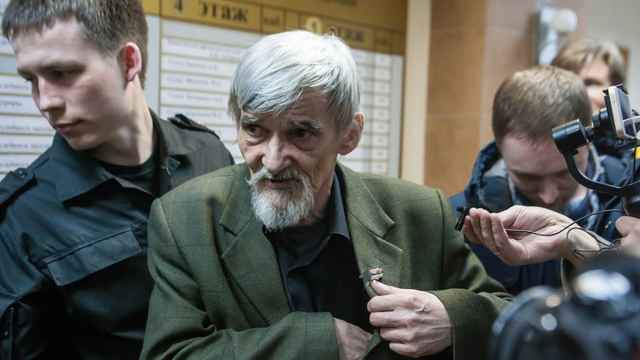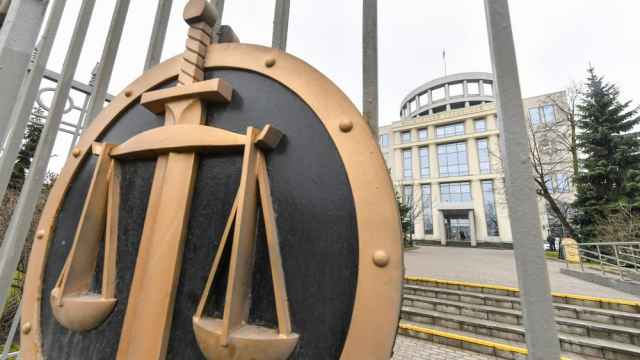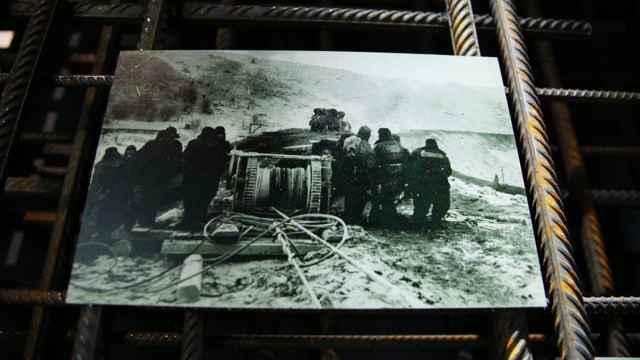A court in northern Russia has sentenced prominent Gulag historian and human rights activist Yury Dmitriyev to 15 years in prison for the second time, media reported Monday.
The latest conviction adds 2 years to Dmitriyev’s 13-year sentence last year on charges of sexually abusing his adopted daughter. Critics say his prosecution is politically motivated for his work exposing Stalin-era crimes and based on fabricated evidence. Dmitriyev himself denies the charges.
The Petrozavodsk city court in northwestern Russia’s republic of Karelia found Dmitriyev, 65, guilty of child pornography and sentenced him to 15 years in a penal colony.
State prosecutors had requested a 15-year prison sentence for Dmitriyev, who is lauded for his work uncovering mass graves and identifying thousands of victims of Soviet repressions in Karelia.
Dmitriyev’s lawyers told Interfax they plan to appeal the sentence within the legally mandated 10-day period.
A court initially acquitted Dmitriyev of the charges — which his friends, colleagues and civil society insist are political retribution for his work — in 2018, only to have a second criminal case opened against him a few months later.
Dmitriyev was first convicted and sentenced to 3.5 years in prison, a term that was extended to 13 years shortly before his scheduled release.
Experts during Dmitriyev’s first trial found photographs he had taken of his adopted daughter non-pornographic. The historian maintained that the pictures were taken to monitor her health.
The European Union has urged Russia to drop the “dubious” charges against Dmitriyev.
Dmitriyev heads the Karelia branch of the Memorial human rights group, which recognizes him as a political prisoner.
Memorial’s Human Rights Center, which campaigns for political prisoners and other disadvantaged groups, also faces closure by a Moscow court this week for justifying terrorism and alleged failures to label itself a “foreign agent” in its publications.
Both cases cap off a year marked by an unprecedented crackdown on opponents of the Kremlin, which included the jailing of opposition leader Alexei Navalny and the banning of his organizations as well as declaring several media organizations “foreign agents” and blocking them for “undesirable” activities.
A Message from The Moscow Times:
Dear readers,
We are facing unprecedented challenges. Russia's Prosecutor General's Office has designated The Moscow Times as an "undesirable" organization, criminalizing our work and putting our staff at risk of prosecution. This follows our earlier unjust labeling as a "foreign agent."
These actions are direct attempts to silence independent journalism in Russia. The authorities claim our work "discredits the decisions of the Russian leadership." We see things differently: we strive to provide accurate, unbiased reporting on Russia.
We, the journalists of The Moscow Times, refuse to be silenced. But to continue our work, we need your help.
Your support, no matter how small, makes a world of difference. If you can, please support us monthly starting from just $2. It's quick to set up, and every contribution makes a significant impact.
By supporting The Moscow Times, you're defending open, independent journalism in the face of repression. Thank you for standing with us.
Remind me later.


